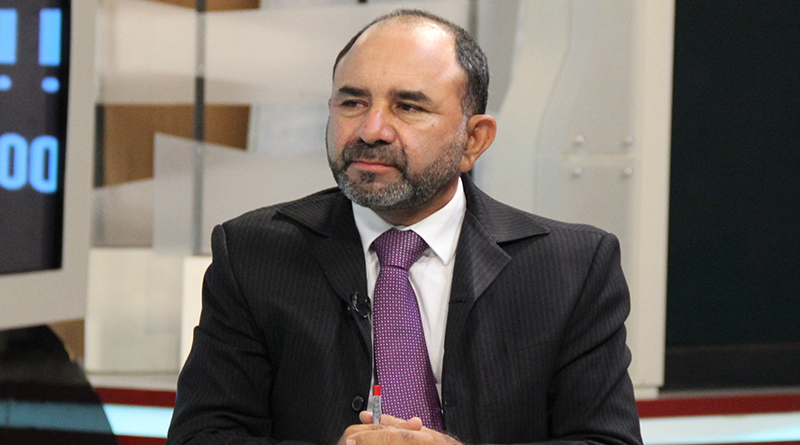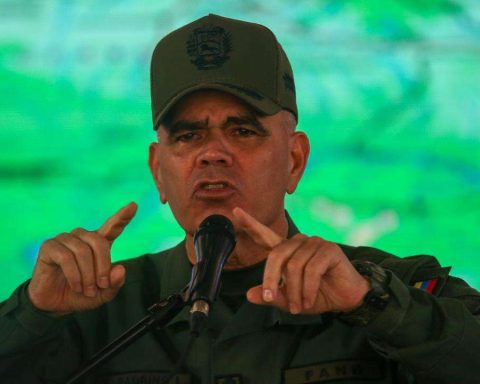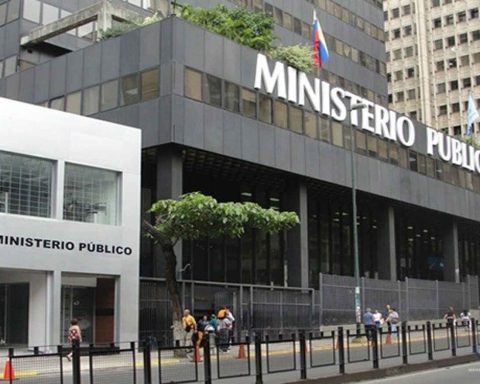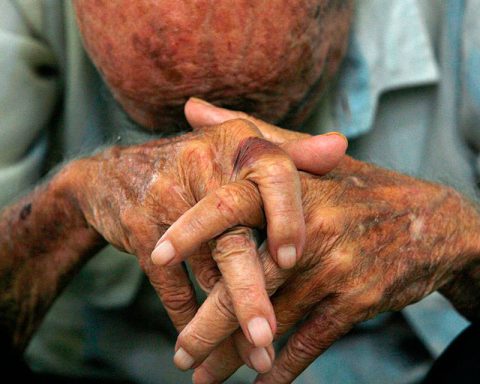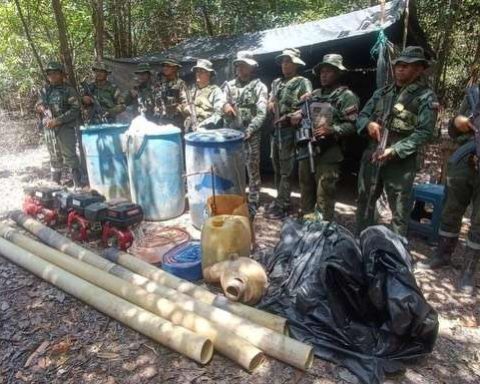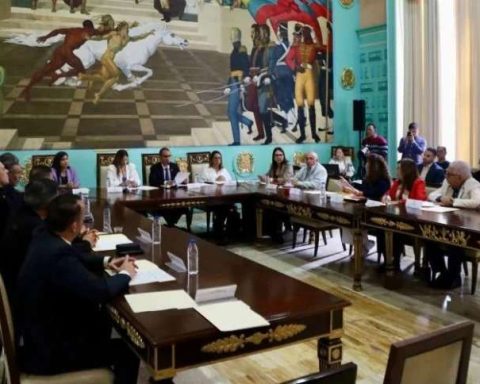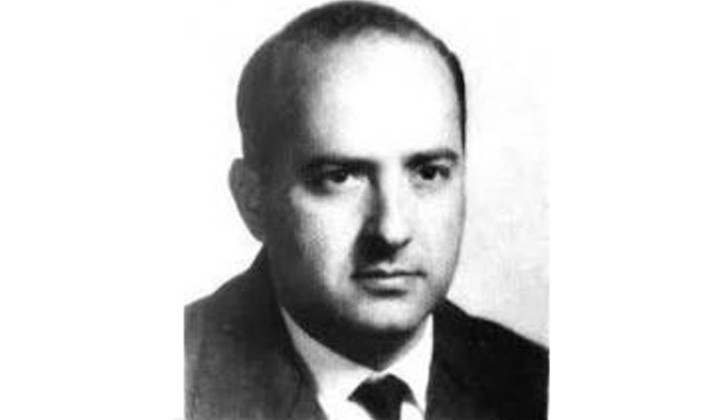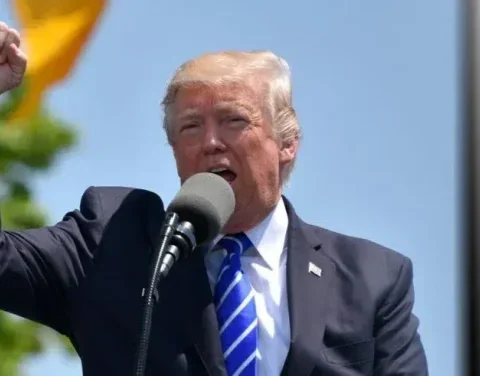The director of the Association of Colombians in Venezuela, Juan Carlos Tannusproposed to the governments of Venezuela and Colombia to create a population registry of Colombian migrants in the country in order to honestize the figures and promote Colombian-Venezuelan integration.
“The recommendation is that the governments of Presidents Gustavo Petro and Nicolás Maduro carry out a characteristic study, mainly on the border and in regions such as Vargas, Caracas, Miranda and Carabobo, which are the ones that can give us a vision of where it is leading from the perspective of the migration their expectations and hopes”, explained Tanus in an interview for Last News.
He indicated that the registry of migrants can give them “the vision of what Colombians expect. Today there is a large population that demands information that sometimes does not exist and that we (as an Association) are not enough”, she pointed out.
8.5 million Colombians in Venezuela
“Throughout the country we believe that it can be in the order of the 1.8 million new Colombians who are the children of Colombians born in Venezuela, who are Venezuelans by land rights and by blood rights of Colombian nationality” Tanus pointed out.
He also calculated that the population of Colombians in Venezuela, “under the new concept of binationality; that is to say, they are Colombians and Venezuelans could be oscillating between 8 and 8.5 million Colombians and nationals”.
new consulates
In this regard, he explained that they have been working on characterization studies that they plan to present in November with a map of where and how Colombians live in the country.
He also mentioned that they will present the recommendations of an investigation on immigration law, nationality and citizenship.
Tanus pointed out that in upcoming meetings with the Colombian ambassador Armando Benedetti they will raise the idea of opening new consulates in the states of Nueva Esparta, Sucre, Monagas, as well as two additional consulates in Táchira.
He said that they will propose to attend in a focal way to the South of Lake Maracaibo with mobile consulates because it is a very large population, “where the governments could work together.”
Registry of minors
Another of the ideas they have in mind to strengthen the integration between Colombians and Venezuelans is to bring together in a single virtual space the data from both civil birth registries: the Colombian and Venezuelan civil registries.
In this way, to purge the data of double live births that he specified is in the order of 200,000 people, “who are citizens with birth records in Colombia and Venezuela (…) and that is the process of nationality by the fraudulent way,” he said.
Likewise, he considered it a priority to address the issue of minors’ registries.
“We have many cases of children born here (Venezuela) who have not been registered in Colombia and who also have the right to nationality.”
In this regard, he commented that they are working on the possibility that parliaments can legislate so that the right to land is fully in Colombia and that those natives with Venezuelan or Colombian parents are binational.
“This with the aim of advancing on integration issues that Colombia and Venezuela have been seeking for 200 years,” said the Director of the Association of Colombians in Venezuela.
Among the proposals, he said that there is the possibility of having a digital ID that has a Colombian nationality chip on one side and a Venezuelan nationality chip on the back.
“Almost everything is given to improve the integration processes with initiatives of a structural order,” Tanus pointed out.
